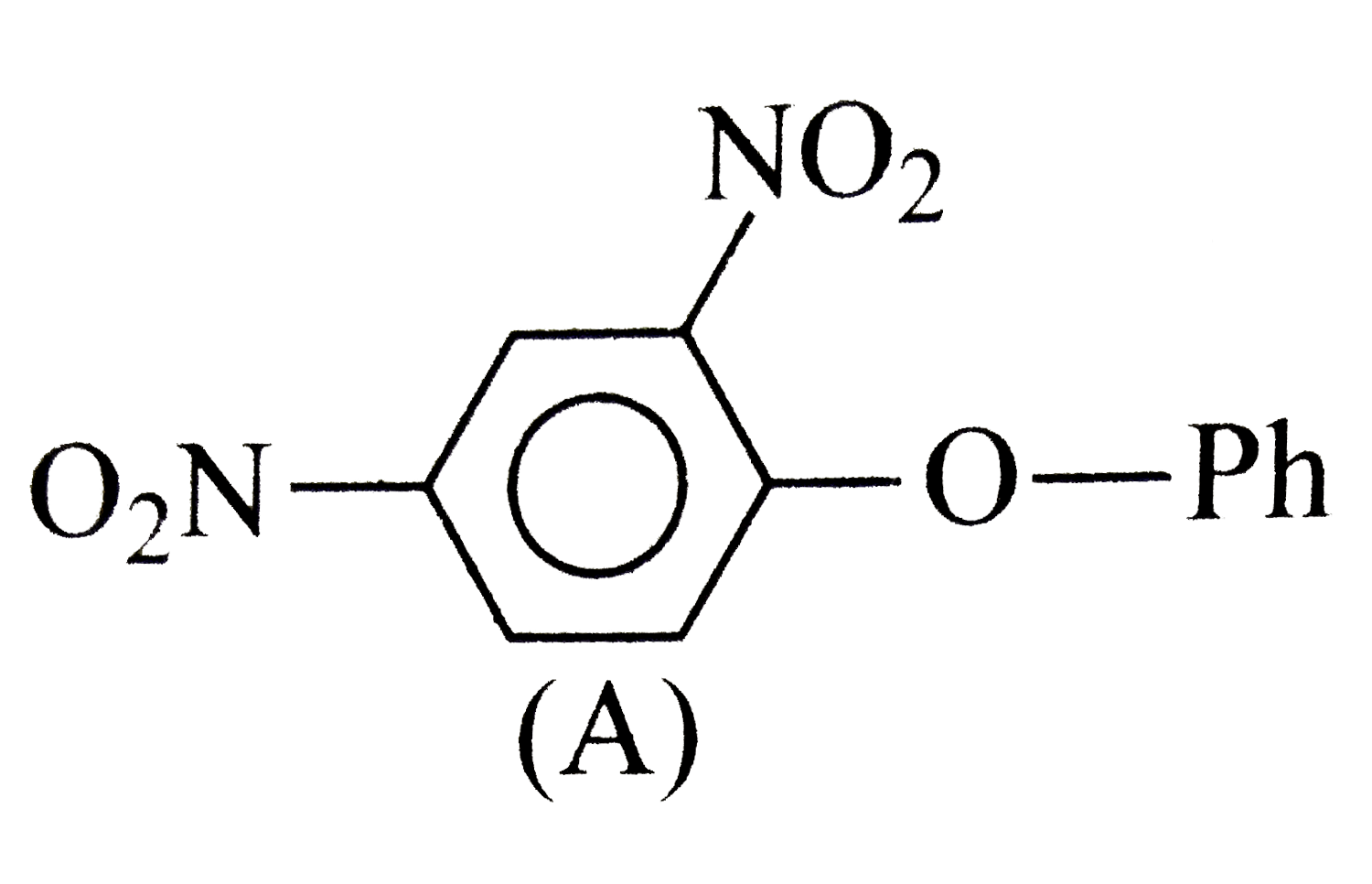Which of the following is a synthesis gas?
CO+N2
CO+H2
CO+O2
CO+Cl2
The correct Answer is:B
To determine which of the given options is a synthesis gas, we need to understand the definition and composition of synthesis gas.
1. Definition of Synthesis Gas: Synthesis gas, commonly referred to as syngas, is a mixture of carbon monoxide (CO) and hydrogen (H2). It may also contain small amounts of carbon dioxide (CO2).
2. Composition of Synthesis Gas: The primary components of synthesis gas are:
- Carbon monoxide (CO)
- Hydrogen (H2)
- Traces of carbon dioxide (CO2)
3. Uses of Synthesis Gas:
- It is used as a fuel.
- It serves as a feedstock for chemical synthesis, which means it is used as a raw material in the production of various chemicals.
4. Analyzing Options:
- We need to look at the options provided and identify which one contains the components of synthesis gas (CO and H2).
- If an option lists CO and H2 together, that option represents synthesis gas.
5. Identifying Other Gases:
- Producer Gas: This is a mixture of carbon monoxide and nitrogen (CO + N2). It is not synthesis gas.
- Phosgene Gas: This is produced from the reaction of carbonyl chloride (COCl2) and is toxic. It is not synthesis gas.
- Carbon Dioxide: This is produced when carbon monoxide reacts with oxygen (O2) and is not synthesis gas.
6. Conclusion: Based on the analysis, the option that contains carbon monoxide and hydrogen together is the synthesis gas.
Final Answer:
The correct option that represents synthesis gas is the one that contains carbon monoxide (CO) and hydrogen (H2).
---
- Carbon monoxide (CO)
- Hydrogen (H2)
- Traces of carbon dioxide (CO2)
- It is used as a fuel.
- It serves as a feedstock for chemical synthesis, which means it is used as a raw material in the production of various chemicals.
- We need to look at the options provided and identify which one contains the components of synthesis gas (CO and H2).
- If an option lists CO and H2 together, that option represents synthesis gas.
- Producer Gas: This is a mixture of carbon monoxide and nitrogen (CO + N2). It is not synthesis gas.
- Phosgene Gas: This is produced from the reaction of carbonyl chloride (COCl2) and is toxic. It is not synthesis gas.
- Carbon Dioxide: This is produced when carbon monoxide reacts with oxygen (O2) and is not synthesis gas.
The correct option that represents synthesis gas is the one that contains carbon monoxide (CO) and hydrogen (H2).
Topper's Solved these Questions
- HYDROGENBook:PHYSICS WALLAHChapter:HYDROGENExercise:LEVEL-2
Explore 58 Videos
- HYDROGENBook:PHYSICS WALLAHChapter:HYDROGENExercise:LEVEL-2
Explore 58 Videos
- HYDROCARBONSBook:PHYSICS WALLAHChapter:HYDROCARBONSExercise:LEVEL-1
Explore 40 Videos
- MOLECULARITY Book:PHYSICS WALLAHChapter:MOLECULARITY Exercise:NEET Past 5 Years Questions
Explore 30 Videos
Similar Questions
Knowledge Check
Which among the following is a synthesis plant hormone?
AIAABGAC2, 4-DDABAWhich of the following Grignard synthesis synthesis would fail to produce the esired alcohols?
AH−C≡C−CH2−C∣∣O−CH3+CH3MgBrether−−→H3O+−−−→boilH−C≡C−CH2−CH3∣C∣OH−CH3BClCH2CH2CHO+CH3MgBrether−−→H3O+−−−→boilClCH2CH2−C∣OHH−CH3CCH3O−CH2−C∣∣O−CH3+CH3MgBrether−−→H3O+−−−→boilCH3O−CH2−CH3∣C∣OH−CH3DC6H5CHO+CH3MgBrether−−→H3O+−−−→boilC6H5−C∣OHH−CH3Which of the following helps in synthesis of DNA cell division
ANicotinmideBBiotinCFolic acidDPantothenic acid
In which of the following synthesis of DNA strand is not involved directly?
View SolutionFrom Williamson's synthesis preparation of which of the following is possible ?
View SolutionWhich of the following is a Gatterman aldehyde synthesis ?
View SolutionWhich of the following is the reason for ATP synthesis?
View SolutionWhich of the following reactions is a synthesis reaction?
View Solution


